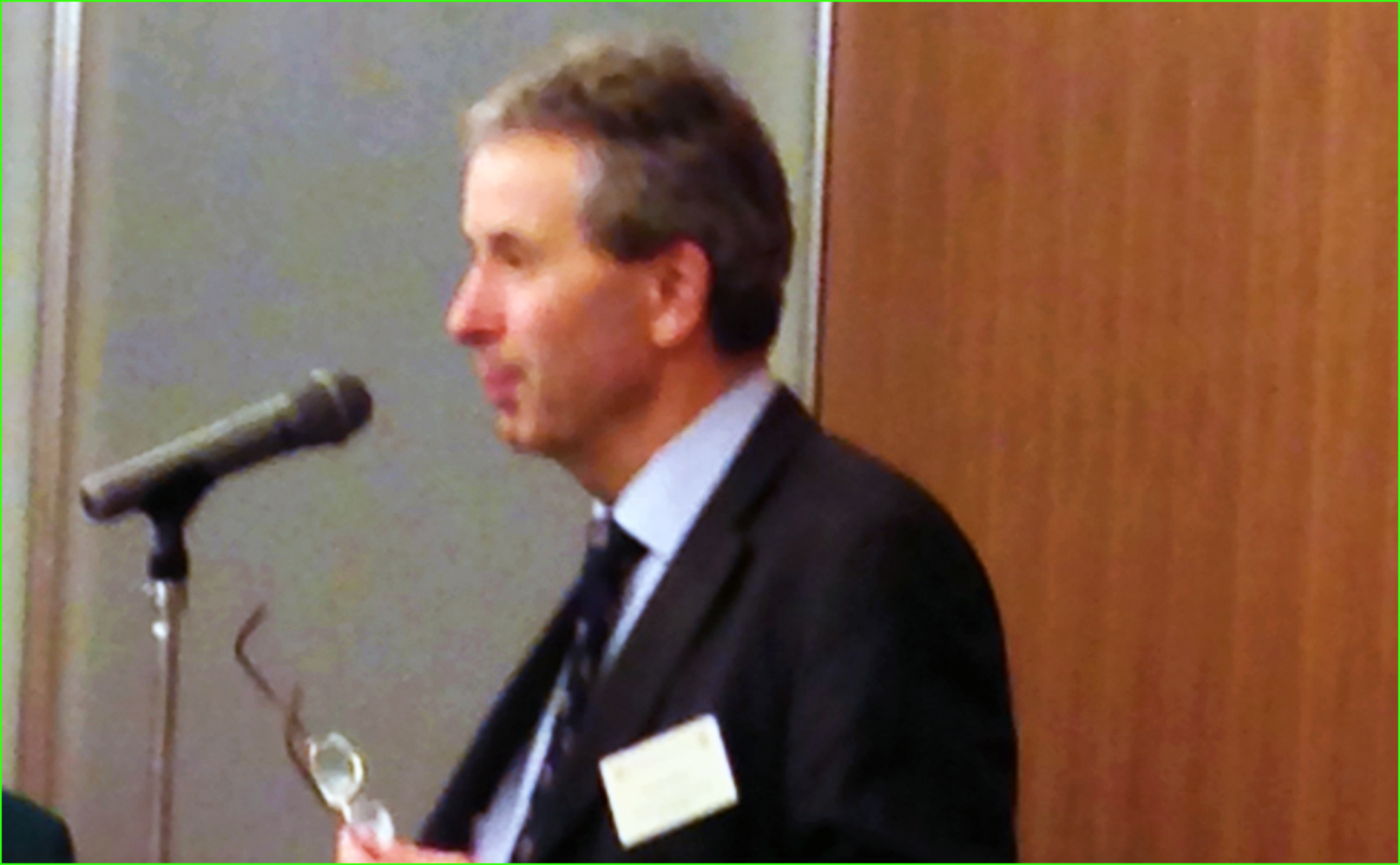Gerhard Fasol. news. events.
-
Japan’s globalization puzzle: intriguing questions by one of my great European friends, a great European banking sector leader How do you explain Japan’s lack of internationalization with so many big Japanese holdings managing successfully businesses abroad (e.g. Toyota, Toshiba, Mitsubishi, etc.) Japan’s globalization paradox – a closer look Its not so simple: Japan is a…
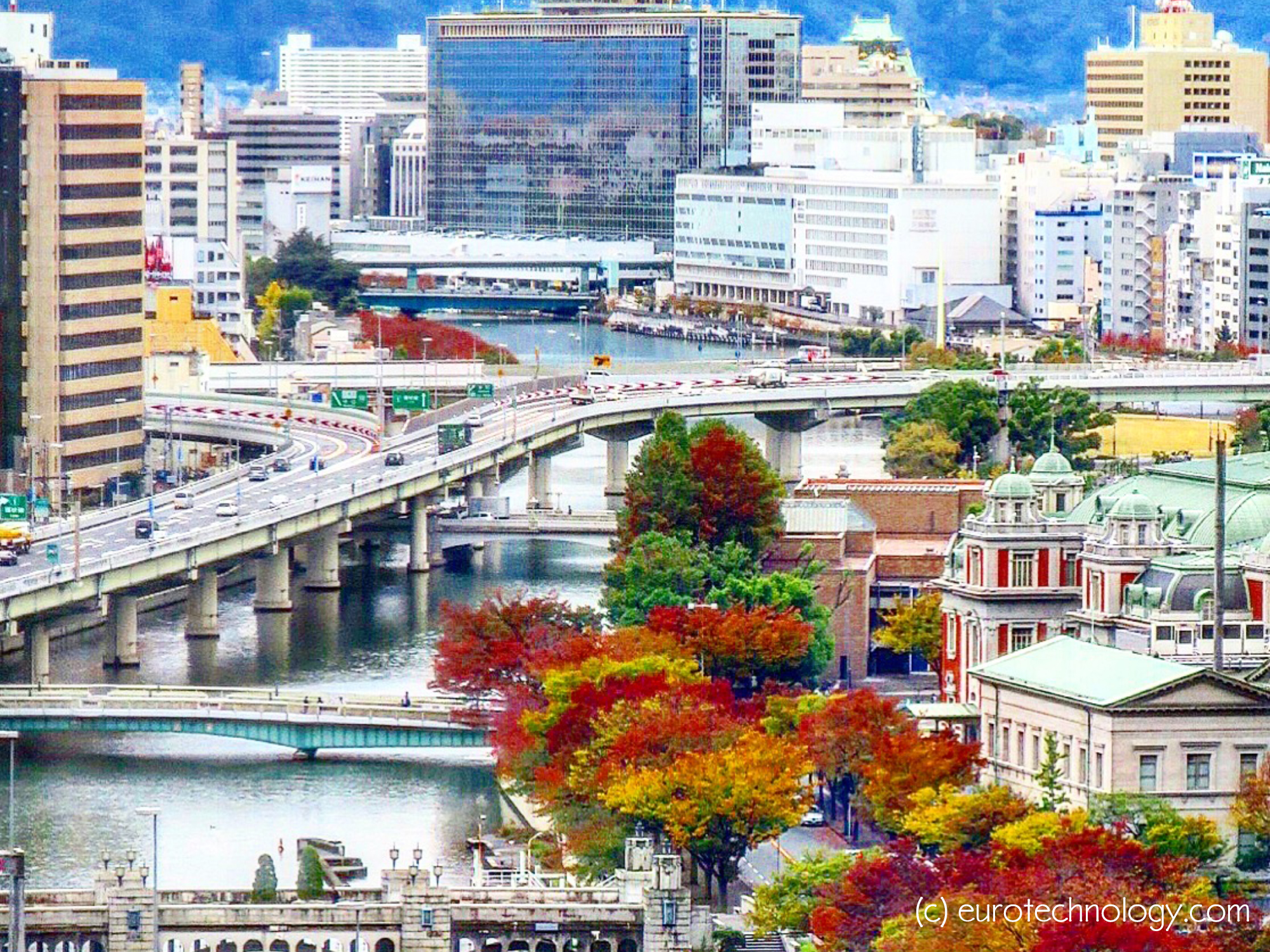
-
Women’s development and leadership Tokyo, Monday 16 May 2016, 9:00-11:00am Gerhard Fasol, Chair Program 9:00-9:20 Gerhard Fasol CEO, Eurotechnology Japan KK, Board Director, GMO Cloud KK. former faculty Cambridge University, and Trinity College, and Tokyo University Objectives of the Ludwig Boltzmann Forum on Women’s development and leadership 9:20-9:40 Dame Carol Black DBE FRCP FMedSci is…
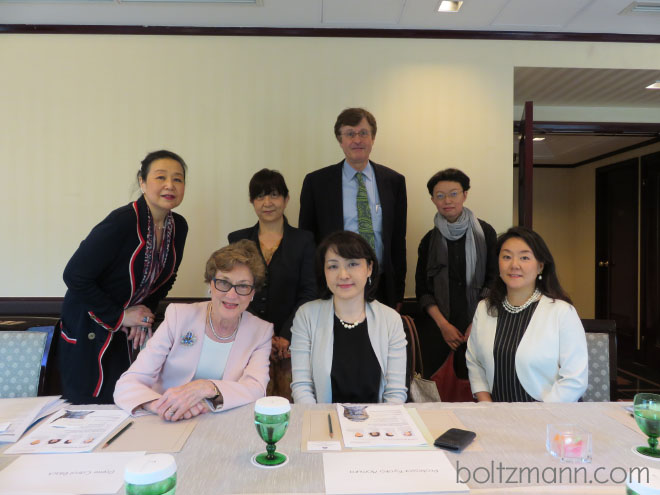
-
Energy. Entropy. Leadership. 8th Ludwig Boltzmann Forum – Thursday 18 February 2016, Embassy of Austria in Tokyo Program 14:00-14:10 Dr. Bernhard Zimburg (Ambassador of Austria to Japan) Welcome address 14:10-14:30 Gerhard Fasol (CEO , Eurotechnology Japan KK, Board Director, GMO Cloud KK. former faculty Cambridge University and past Fellow, Trinity College Cambridge) Ludwig Boltzmann 14:30-15:30…
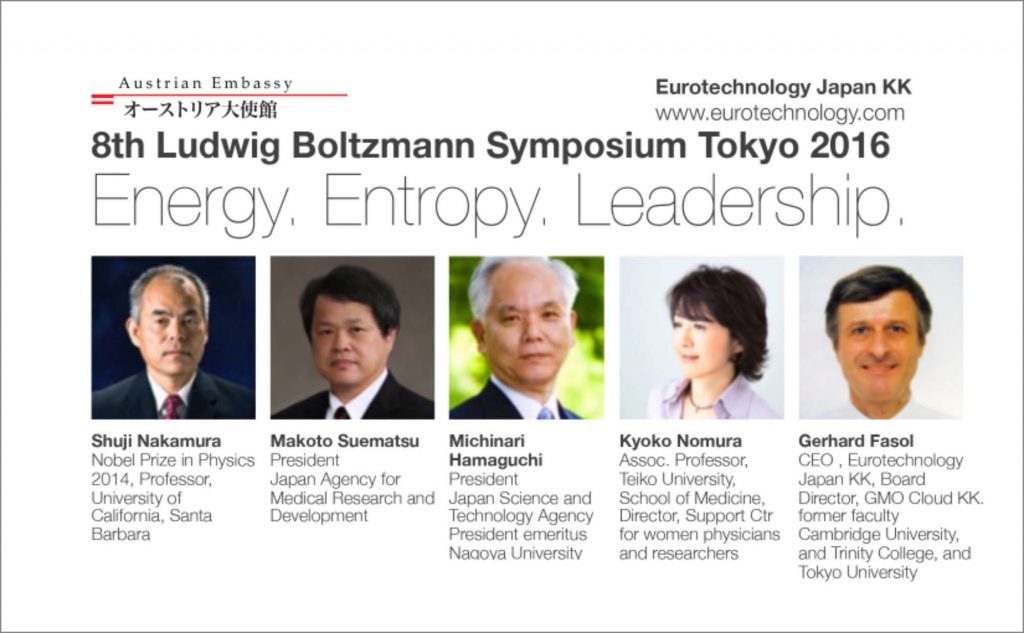
-
One of my friends asked me who the owner of the Vienna State Opera House is Wiener Staatsoper organization and ownership, as for Austria’s top 5 Theater Houses, is determined by the “Bundestheaterorganisationsgesetz” (BThOG) One of my friends asked me the question “Who owns the Wiener Staatsoper these days by the way?”. This is easy…

-
7th Ludwig Boltzmann Forum: 20 February 2015 at the Embassy of Austria in Tokyo Gerhard Fasol, Chair One highlight of this year’s 7th Ludwig Boltzmann Forum was when Nobel Prize Winner Shuji Nakamura who’s invention of GaN LEDs eliminates the need to build thirty 1GW class nuclear power stations in the USA alone by 2030,…
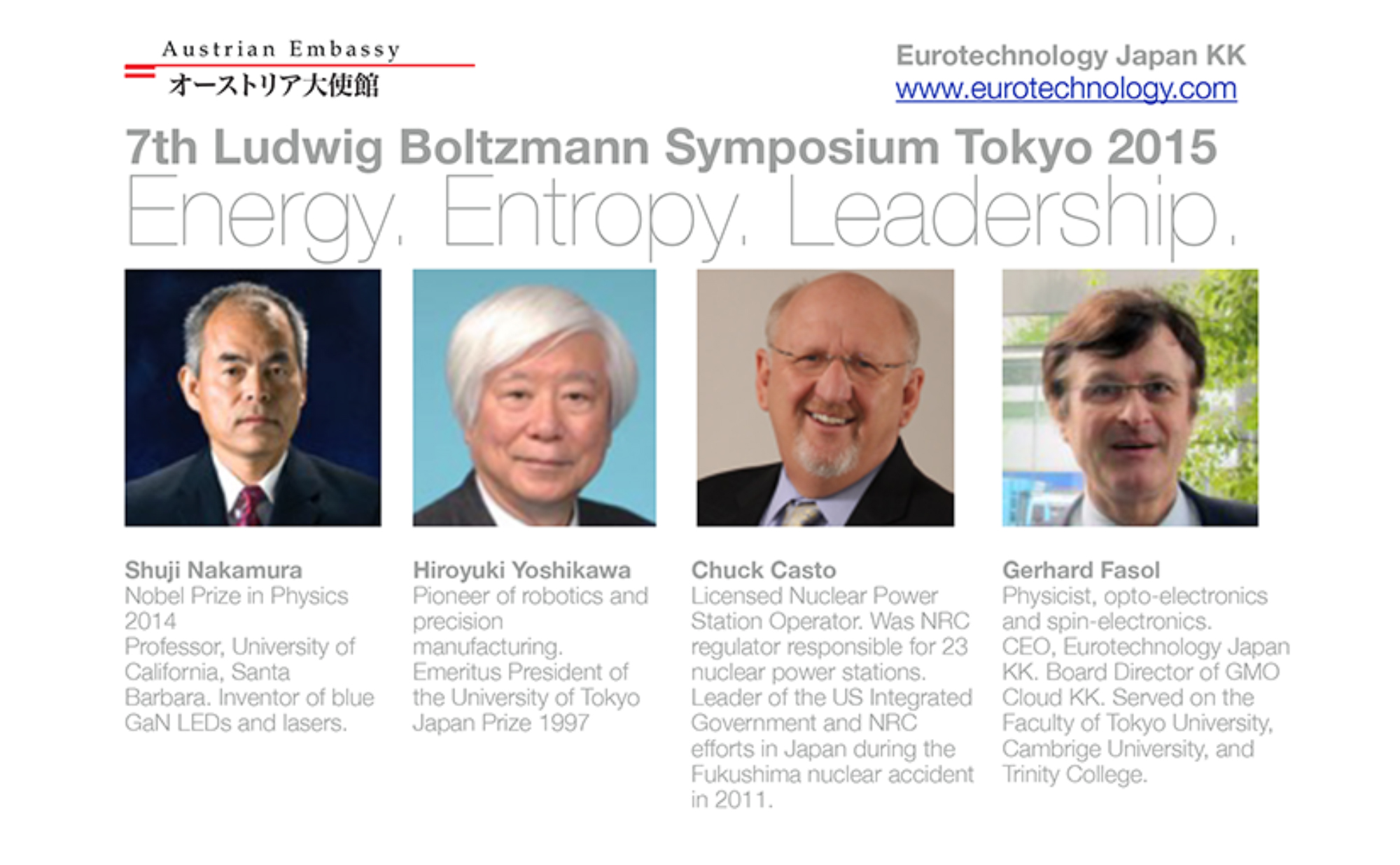
-
The photograph shows the Gobelsburg Castle in Austria, you can see the location here on Google maps. A castle of this name is mentioned in 1178, and wine is grown in the region for about the last 1000 years. Thoughts and analysis for 2015 Abenomics?! The trick of course is the third arrow, the reforms.…
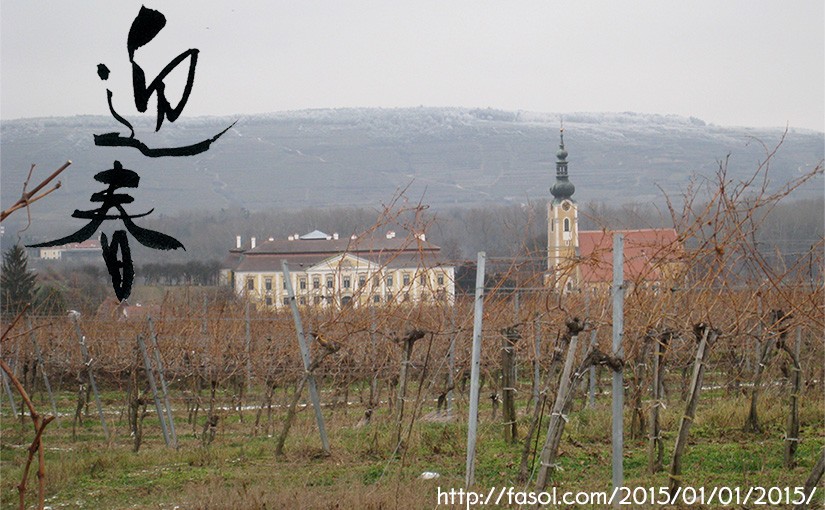
-
Keep fit and save electricity Geeky way to persuade people climb the stairs – see in in Tokyo/Shibuya Its not easy to persuade people to climb the stairs instead of taking the elevator. Tokyu Hands store in Shibuya found a geeky way to persuade people to Keep fit and save electricity at the same time:…

-
Prime Minister Abe urges reform of corporate governance Slow but steady change… Reuters reports that Japan’s Prime Minister Abe urges company boards to reform corporate governance to include independent directors. I added the following comment. Corporate governance in Japan: exercise of shareholder power and emergency situations The question of independent Board Directors is often framed…

-
Japan’s new energy policy: interview for The Economist on YouTube Japan’s new energy policy – interview outline: Japan’s new energy policy Question: Is the new energy policy of Japan’s Government an appropriate response to the situation or a missed opportunity Answer summery:The Government in its new strategy summarizes Japan’s energy situation and proposes a cocktail…

-
Professor Frank Kelly speaks about the future of Cambridge University and of Christ’s College Frank Kelly, Professor Francis Patrick Kelly FRS, Master of Christ’s College, Cambridge, and Professor of the Mathematics of Systems, gave us his view of Cambridge today at the Cambridge Oxford Society of Japan in Tokyo. Professor Frank Kelly: In Cambridge the…
